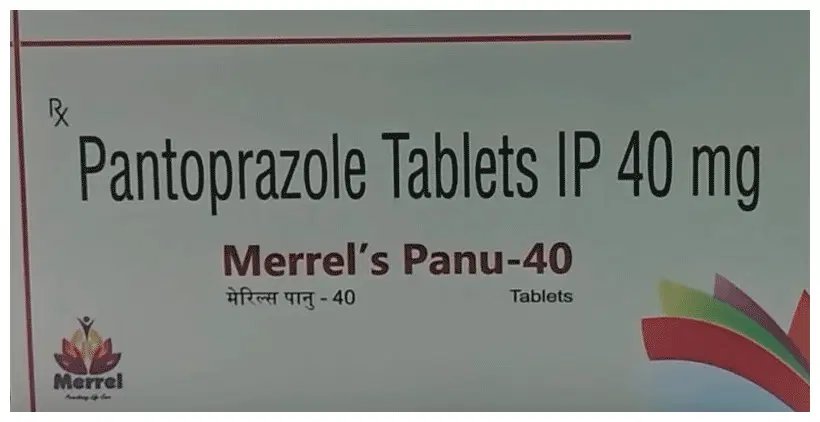Peptic ulcer disease
Peptic ulcer disease (PUD) refers to a group of conditions where open sores, or ulcers, develop in the lining of the stomach, lower esophagus, or small intestine. These ulcers are caused by the erosion of the protective mucous layer in the digestive tract, allowing acid and enzymes to damage the underlying tissue. Common symptoms of PUD include abdominal pain, bloating, heartburn, and nausea.
Typical Medications: Peptic ulcer disease is commonly treated with medications that help reduce stomach acid production, promote healing of the ulcer, and protect the stomach lining. Some of these medications include:
Proton Pump Inhibitors (PPIs): These drugs, such as omeprazole and lansoprazole, work by inhibiting the production of stomach acid, allowing the ulcer to heal and reducing the risk of complications.
H2 Receptor Antagonists (H2RAs): These medications, including ranitidine and famotidine, block the action of histamine on stomach cells, reducing acid production and promoting ulcer healing.
Antacids: Over-the-counter antacids like aluminum hydroxide and magnesium hydroxide help neutralize stomach acid, providing relief from symptoms and promoting ulcer healing.
Antibiotics: In cases of ulcers caused by the bacterium Helicobacter pylori, antibiotics such as amoxicillin, clarithromycin, and metronidazole are prescribed to eliminate the infection and prevent ulcer recurrence.
Please consult with a healthcare professional before starting any treatment to ensure the appropriate medication and dosage are prescribed based on your specific condition and medical history.

Showing 13–24 of 795 results
Showing 13–24 of 795 results


